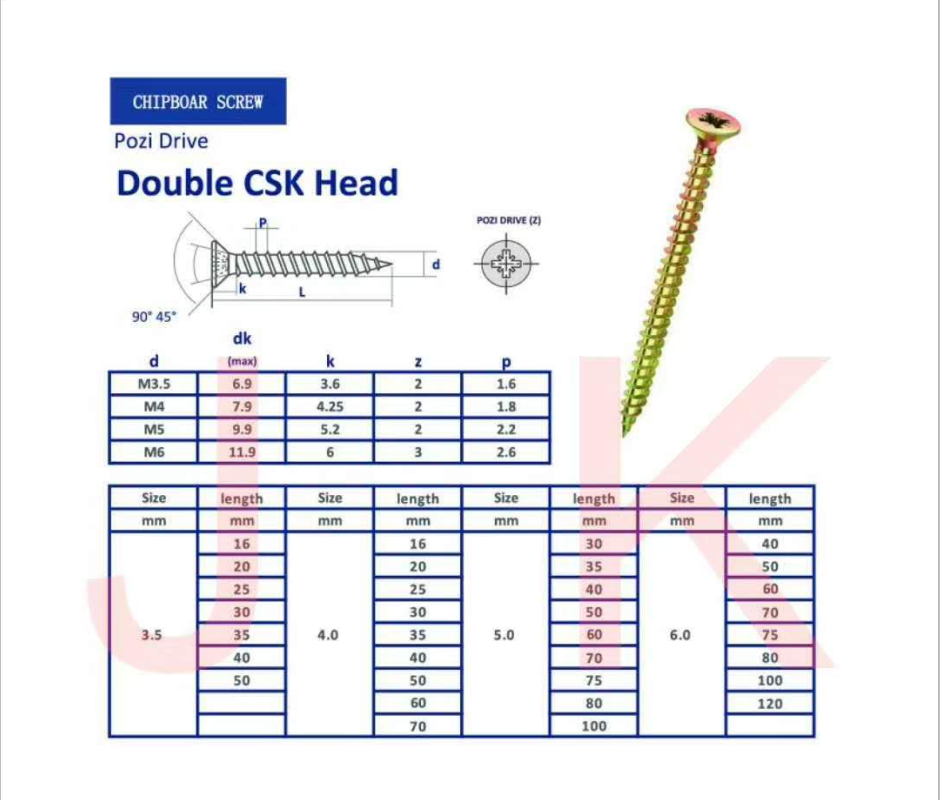Understanding the Various Types of Drywall Screws and Their Manufacturing Process for Quality Assurance
Understanding the Different Types of Drywall Screws A Guide for Builders and DIY Enthusiasts
When it comes to constructing and finishing drywall, the choice of fastening materials is crucial for durability and appearance. Among the various fastening options available, drywall screws stand out as the most common choice due to their design and effectiveness. In this article, we will explore the different types of drywall screws manufactured in factories, providing insights into their features, applications, and advantages.
Types of Drywall Screws
Drywall screws come in multiple types, each designed for specific applications and materials. The most common classification includes
1. Coarse Thread Screws As the name suggests, coarse thread screws have thicker threads that are spaced further apart. These screws are ideal for attaching drywall to wood studs. The design provides excellent grip in softwood, preventing the screw from stripping out. Typically, coarse thread screws are available in lengths ranging from 1 inch to 2.5 inches, making them versatile for various drywall thicknesses.
2. Fine Thread Screws Fine thread screws, on the other hand, feature closely spaced and thinner threads. They are specifically designed for use with metal studs, as the finer threads allow for better penetration into metal without causing damage. These screws are usually available in lengths similar to coarse thread ones and are essential for projects requiring metal framing.
3. Self-Drilling Screws self-drilling or self-tapping screws are engineered to eliminate the need for pre-drilling holes. They have a pointed tip designed to cut through drywall and metal. This feature provides efficiency during installation, especially in environments where speed is a priority. Self-drilling screws are commonly used in commercial projects where metal studs are prevalent.
drywall screw types factory

4. Bugle Head Screws Many drywall screws come with a bugle head, which features a slight slope that allows the screw to sit flush with the drywall surface. This design minimizes the risk of tearing the paper covering of the drywall, which can cause imperfections in the finish. Bugle head screws are particularly useful in both residential and commercial settings, ensuring a clean appearance before painting or finishing.
5. Phosphate Coated Screws To enhance resistance to rust and corrosion, some drywall screws are phosphate coated. This type is particularly important in environments with high humidity or exposure to moisture, such as bathrooms or kitchens. By using phosphate coated screws, builders can ensure the longevity and integrity of their drywall installations over time.
Manufacturing Quality and Standards
The manufacturing process of drywall screws involves strict adherence to quality standards. Leading factories utilize advanced technology to produce screws that meet or exceed industry specifications. Factors such as tensile strength, corrosion resistance, and thread design are meticulously controlled to ensure consistent quality.
Manufacturers often engage in rigorous testing and inspections to guarantee that their products perform reliably in real-world applications. Additionally, many factories adhere to international safety standards, providing builders and consumers with confidence in their products.
Conclusion
Selecting the right type of drywall screw is essential for achieving a successful installation. Understanding the differences between coarse and fine thread screws, along with the benefits of features like bugle heads and self-drilling tips, can significantly influence the efficiency and appearance of drywall projects. With advancements in manufacturing methods, builders can rely on high-quality screws that enhance the overall strength and durability of their work. Whether you are a professional contractor or a DIY enthusiast, knowing the various types of drywall screws and their specific applications will help you make informed decisions for your next project.
-
Top Choices for Plasterboard FixingNewsDec.26,2024
-
The Versatility of Specialty WashersNewsDec.26,2024
-
Secure Your ProjectsNewsDec.26,2024
-
Essential Screws for Chipboard Flooring ProjectsNewsDec.26,2024
-
Choosing the Right Drywall ScrewsNewsDec.26,2024
-
Black Phosphate Screws for Superior PerformanceNewsDec.26,2024
-
The Versatile Choice of Nylon Flat Washers for Your NeedsNewsDec.18,2024










